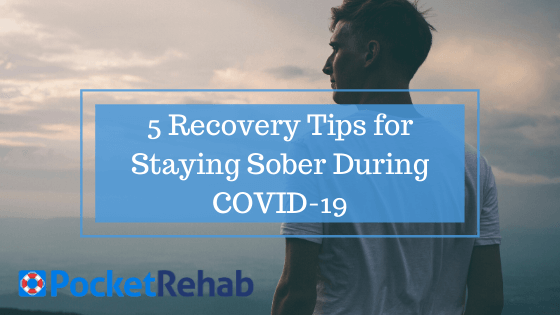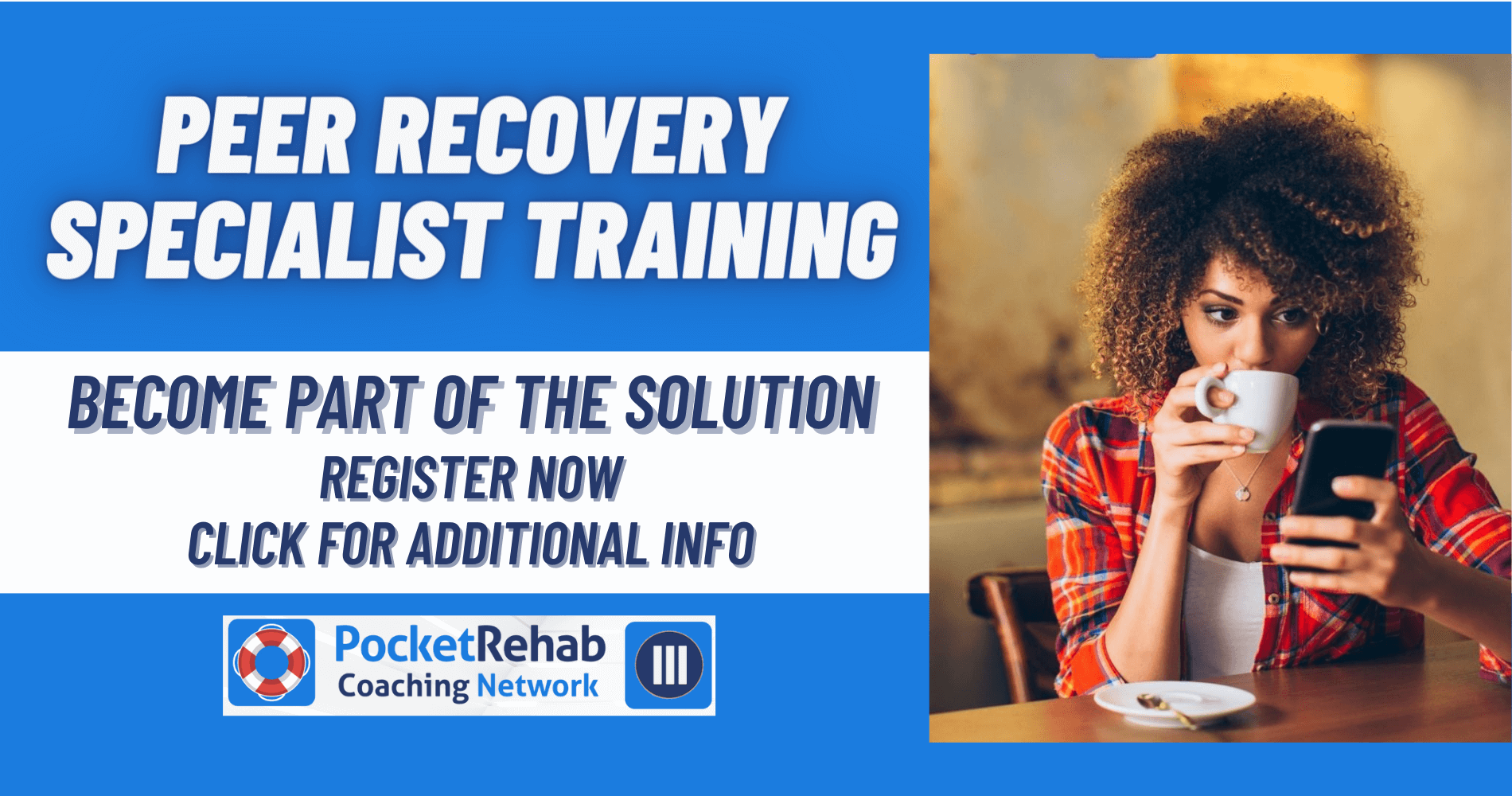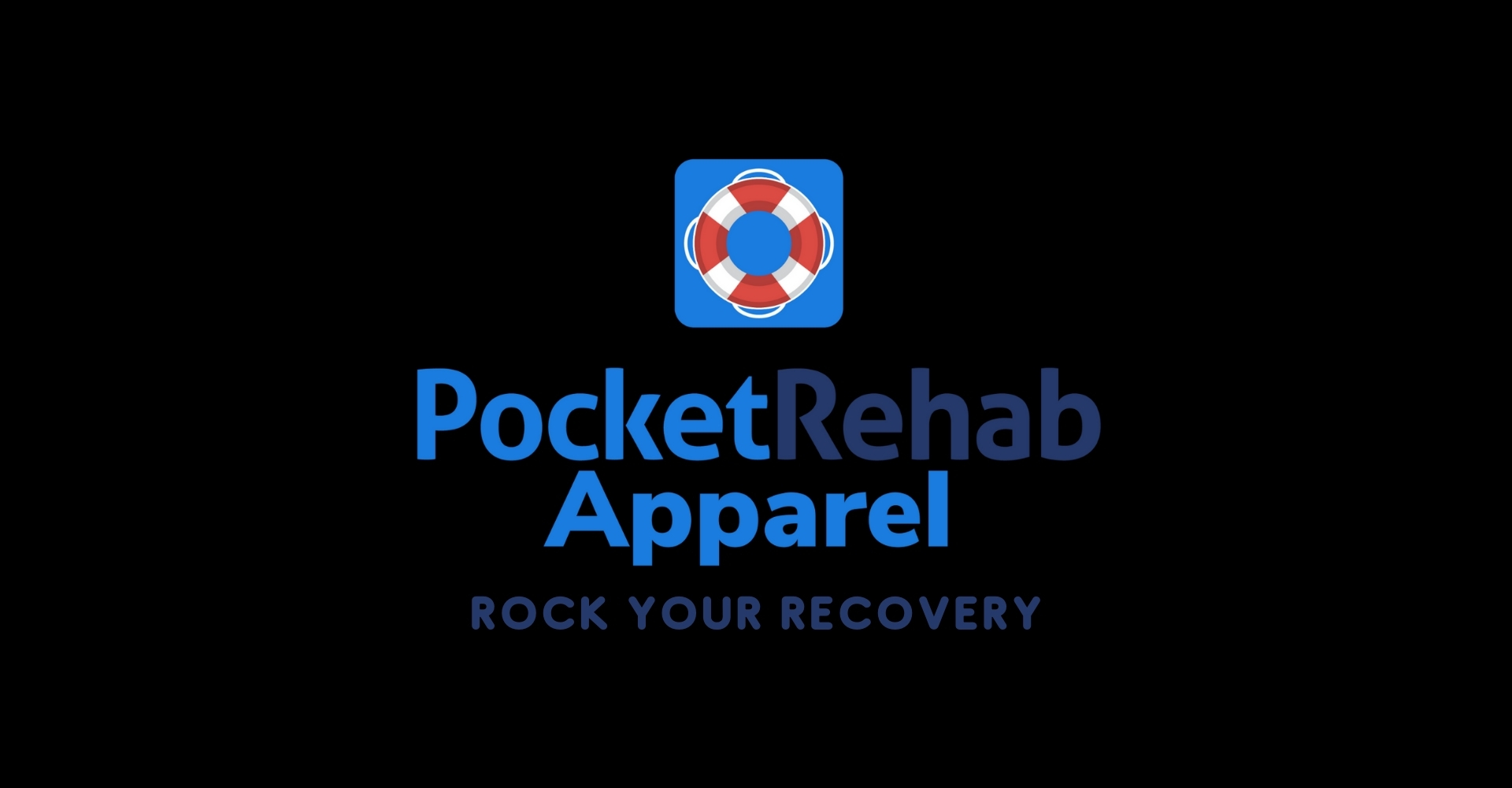5 Recovery Tips for Staying Sober During COVID-19

Whether you’re newly sober or you’ve spent the last several years in recovery, the decision to remain sober is a daily choice that may (or may not) come easily at this point and time. At every moment you must be personally conscious of your decision to remain active in your recovery, to avoid relapse and to stay strong--in a perfect world, we unconsciously go through these motions and live another day in recovery, but with COVID-19 looming, the world is far from perfect and even the simplest things are no longer simple. If you’ve been feeling sort of disconnected or otherwise out of touch--we’re right there with you!
This is a time of great uncertainty for everyone, but those in recovery may be feeling it the most. Connections are vital both in recovery and for strong mental health and well-being. But, staying connected and close to those who provide invaluable support has become more challenging than ever before. 12-step groups are taking place online and in apps rather than in-person, therapy is conducted via telehealth over the phone rather than face-to-face, and in-person meeting for the simple things in life such as coffee and a brief chat about the weather have all but stopped completely amid social distancing guidelines.
Changed routines and interruptions in everyday activities are bound to raise stress levels for those without underlying mental health conditions or past history of substance abuse to worry about--but what about those in recovery? This change, social distancing, and the need to stay so disconnected evokes extreme risk of relapse for the recovery community. But, there are ways that you can stay sober despite the economic struggles and worldwide health crisis that are taking place.
1 Stay Connected with Your Support Network
While you may not be able to attend that 12-step meeting that you normally head out to every Monday night, there are plenty of online support group options and in-app options for staying close to others in recovery during this time. Additionally, connections with your family and friends as well as those in your immediate recovery community are possible--even if face-to-face, traditional connections are currently unavailable.
If you’re in early recovery, consider planning out your connections and scheduling daily time to interact with your recovery community. DO NOT avoid connecting with others! Discuss your plan to stay connected with your sponsor, members of an online support group, and your family or friends for accountability. If multiple people know that you should check-in daily, and it turns out you don’t check-in, they will check up on you to ensure you’re okay.
A short, five-minute call with a friend can make a world of difference right now. If you’re feeling disconnected, pick up the phone! FaceTime, Skype and in-app camera options are your friend too! Just because we cannot see someone in-person does not mean we have to feel isolated -- don’t be afraid to use the technology that is available to you to make this time easier to cope with.
2 Utilize Digital Recovery Resources
Recovery resources are available online and via apps like Pocket Rehab.Most of them are free. While CDC guidelines limit in-person groups of 10 or more and recommend social distancing of at least 6 feet for health safety, online recovery groups and virtual meetings are taking place around the clock. If you check within the app or online for a list of recovery groups currently available to support you there’s a good chance you’ll find that there are more options than ever before available to you!
3 Avoid Triggers & Stay Conscious of Relapse Risks
While you should remain consciously aware of the potential relapse risks or triggers that you currently face, now is also a very important time to be on the lookout for any potential new triggers. Social distancing is not the norm for most of us and it is certainly not something we are taught in recovery. Be on the lookout for any potential new feelings, cravings, thoughts or emotions that you may have during this time and don’t be afraid to talk to someone openly about them.
If you find yourself thinking about drinking or using drugs while you’re at home enjoying a movie or relaxing, do your best to avoid such thoughts. Stop what you are doing, think about what part of your current actions or behaviors triggered those thoughts, and take time to redirect your attention to something more positive. Pick up the phone and call a friend, family member, or member of your support community if the thought patterns persist.
Remember, there are several safe ways to remain connected despite COVID-19. Even if you are not face-to-face with your recovery community, you have options to remain connected personally via in-app face-to-face communications, My Lifeline Support, Skype, and various other programs such as Zoom meetings or online recovery groups.
4 Be Mindful & Practice Healthy Routines
While your everyday routine has likely been completely changed, an unhealthy routine isn’t the ONLY option you have. Staying sober right now is your first. and most important, item to focus on each day. The routines and manners in which you live your life right now will play a key role in whether you remain sober throughout the quarantine time and immediately after.
Mindful meditation represents one of many ways that you can live in the moment rather than focus on the past or on what ‘could’ be. Don’t dwell on what you’re missing because of COVID-19 but instead focus on what you have to gain - maybe it is a new outlook on life, more time to spend at home with your animals, or something as simple as your health in an otherwise unhealthy world. Remember, crisis like this will not last forever and, as much as this is hard to deal with and very uncomfortable, you are not alone!
Practice healthy distractions to keep your mind off drugs or alcohol. Consider things like:
-
Journaling to keep track of your emotions or your day to day reflections.
-
Staying on schedule. Going to bed at the same time each day and waking up early.
-
Eating healthy meals that will keep you feeling your best.
-
Exercising on a regular basis to keep your body feeling strong.
-
Staying hydrated with plenty of water and electrolytes.
-
Drawing, coloring, or painting to release stress.
-
Actively participating in a support group online via apps like Pocket Rehab or similar programs.
-
Connecting with friends or family to play virtual games, watch movies together or just to chat.
5 Reach Out for Professional Help
Recovery is something that really requires the help of an army and it’s important for you to realize that you are NEVER alone in your fight to stay well! If you’re feeling like your sobriety is at risk due to the social distancing or new “norms” that represent your everyday life, don’t be afraid to seek help. Reach out for professional help from a therapist, counselor, or healthcare provider if you believe your recovery is at risk. They can help you get back on track and will provide additional options to assist you in the healing process.
Whether you’re new to recovery, or you’ve been in recovery for several years, the current landscape of the nation is certainly changed and, now more than ever, relapse risks run high. Don’t be afraid to ask for help! Connect with a recovery community that is 100+ thousand members strong at Pocket Rehab and begin getting support from others immediately. You will not be disappointed!
Tags: recovery, recovery tips, staying sober, covid-19, coping mechanisms, pocket rehab





